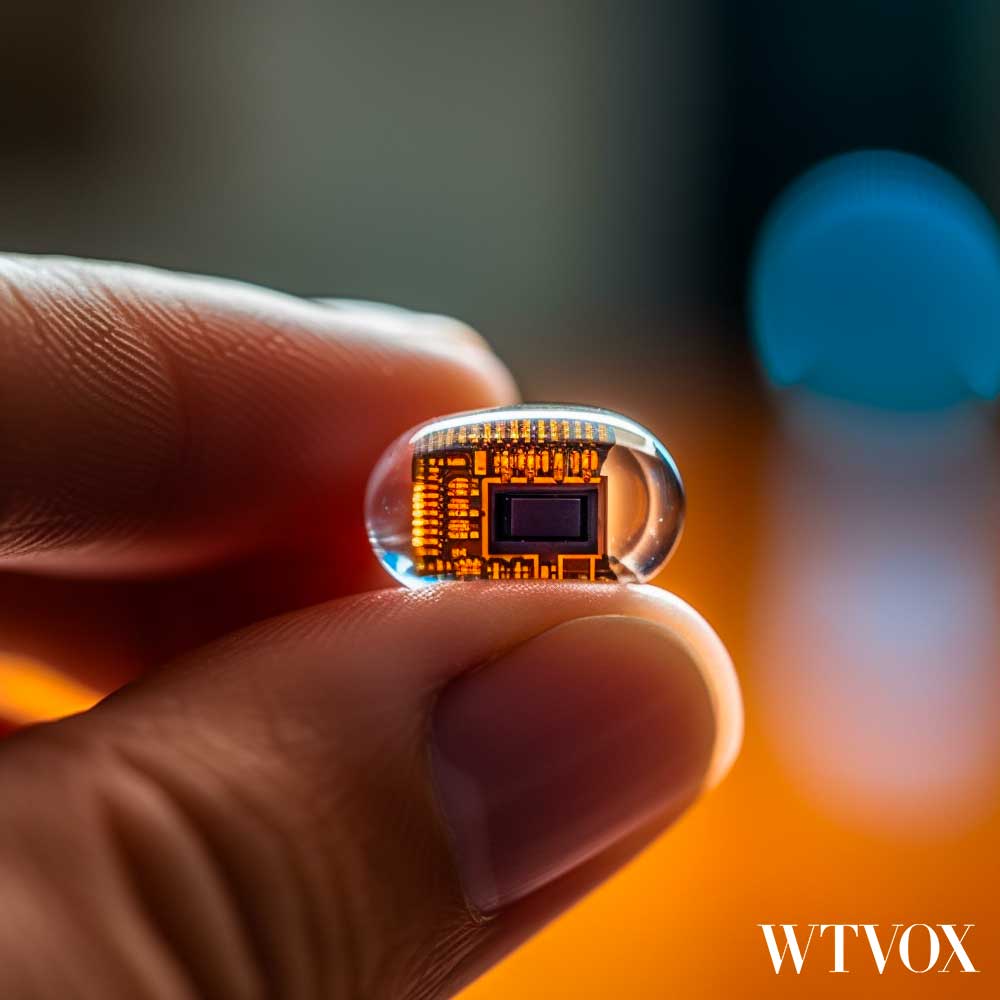Researchers in South Korea have made a remarkable stride in advancing wearable technology, creating smart contact lenses that may soon transform how we detect and manage diabetes.
These smart lenses, embedded with a unique chip technology, could also help treat diabetic retinopathy, offering a solution to a significant health concern faced by millions worldwide.
In a breakthrough discovery, these smart contact lenses are designed to monitor blood sugar levels through the users’ blood vessels located behind their eyelids.
Upon detecting any irregularities, the device triggers an alert, thus potentially preventing a health crisis. What’s more, the device has the capacity to control drug delivery through electrical signals, offering a convenient, non-invasive method of medication administration.
The efficacy of the smart lenses was demonstrated in a recent study wherein the device successfully detected glucose levels from the tears of diabetic rabbits.
This result shows the potential of these lenses to supersede the uncomfortable routine of finger-pricking for blood sugar testing.
This innovation is not the first attempt to create such a solution.
Back in 2014, Google announced it was developing smart lenses designed to measure blood sugar levels from tears. However, Google’s technology faced challenges, as the measurements proved inconsistent during tests.
Despite the promising results, there’s still some way to go before these lenses are available to the general public.
Professor Sei Kwang Han, lead researcher from the Pohang University of Science and Technology’s (POSTECH) Department of Materials Science and Engineering, emphasizes the need for further research.
Han noted:
“Despite the full-fledged research and development of wearable devices from global companies, the commercialization of wireless-powered medical devices for diagnosis and treatment of diabetes and retinopathy is insufficient.”
Regardless of the challenges, the potential of these wireless smart contact lenses is undeniable.
Professor Han is optimistic that this research will propel advancements in the industry.
As the first to develop wireless-powered smart contact lenses equipped with a drug delivery system, POSTECH’s innovation could soon revolutionize the diagnosis and treatment of diabetes and diabetic retinopathy.



